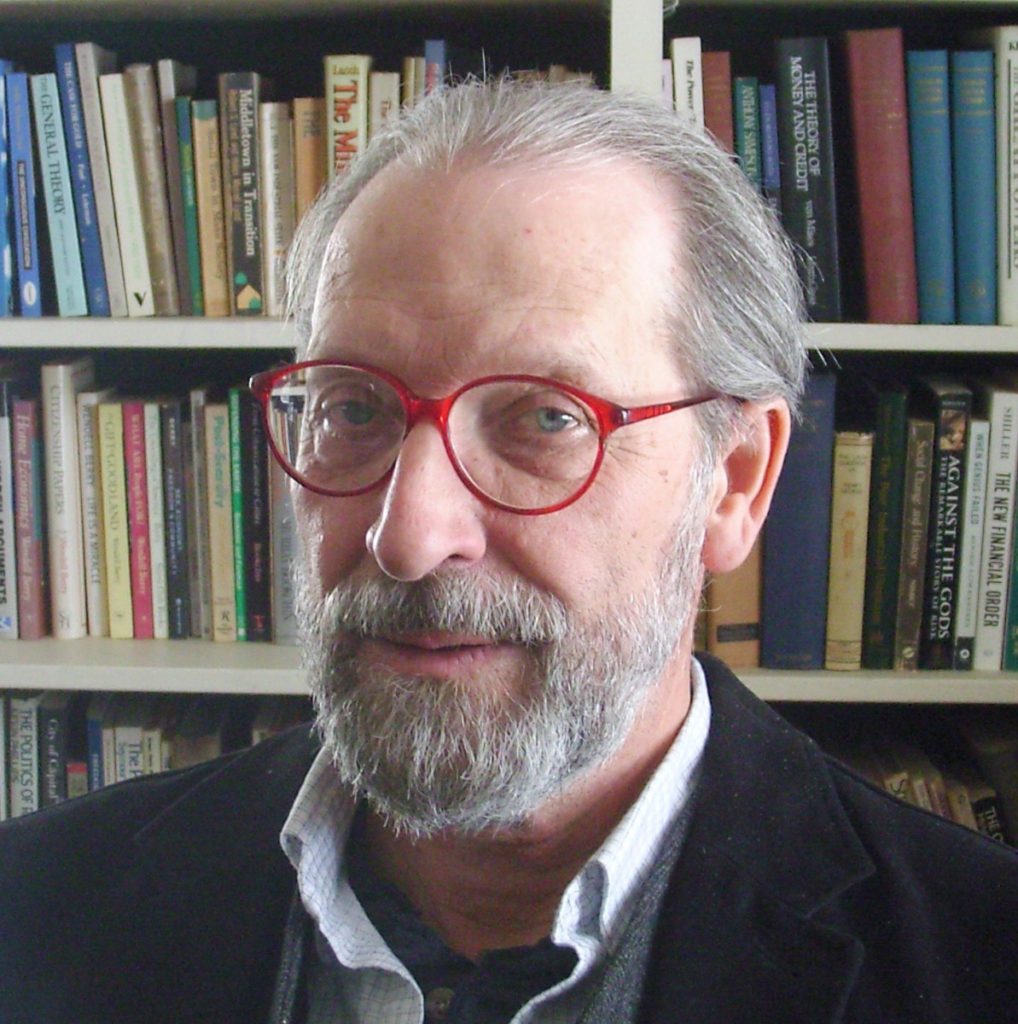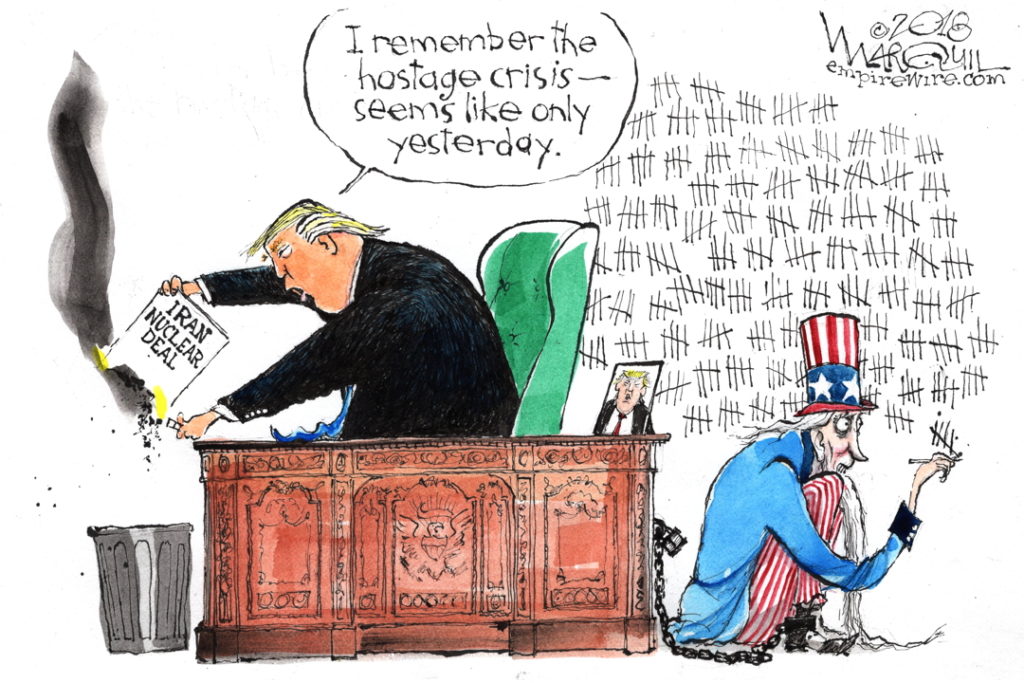Column by Adrian Kuzminski June 15, 2018
Demagogues Happen –
And Can Happen Here

The Wikipedia – it may be the closest thing we have to a common standard of what things mean in our culture – tells us that a demagogue is “a leader in a democracy who gains popularity by exploiting prejudice and ignorance among the common people, whipping up the passions of the crowd and shutting down reasoned deliberation. Demagogues overturn established customs of political conduct, or promise or threaten to do so.”
Notice that it’s “the common people” in this definition who are confused by prejudice and ignorance, and guided by the passions instead of “reasoned deliberation.” This reflects the classical ideal of ancient Greece and Rome – also held by most of the American Founding Fathers. The right kind of politician in this view is someone able to control his or her passions, as well as the passions of others, through the practical application of reason. The Stoics called this the cultivation of virtue, of self-control and clear headedness, of wisdom, and it lay at the heart of ancient politics.
But then, as now, not everyone was virtuous, or had the same idea of virtue. In ancient Athens and elsewhere demagogues (literally “popular leaders”) arose who appealed not to virtue but to prejudice and ignorance in order to rile up people’s passions, featuring fear-mongering, tribalism, and what we now call fake news. Demagogues are one of the hazards of democratic society.
A demagogue divides rather than unites us. This is done by taking the fluid and accidental differences among people and transforming them into fixed, absolute concepts, such as race and gender, rich and poor, smart and dumb.
To drive home the differences, the demagogue goes on the attack. He or she will mock and otherwise denigrate the enemies they’ve created, and invite others to join in what becomes a movement. Its victims find themselves insulted and redefined in hostile terms as political targets. The art of the demagogue is to inspire even more followers than enemies. It’s a vicious game.
This is suddenly an issue because we have, for the first time, a demagogue, Donald Trump, elected president of the United States.

There have been other American demagogues – Huey Long and Joe McCarthy come to mind – but never before one elected president. Before Trump’s appearance on the scene, a level of public decorum consistent with the politics of virtue was standard in this country, at least among mainstream politicians. It’s not that they didn’t lie to us (they did when they thought they had to), but in spite of that they maintained a level of public courtesy and mutual respect that sustained a sense of the American community. Truth and reason were respected, if not always followed.
Trump, by contrast, has openly disparaged truth and reason and focused on the personal humiliation of his opponents. He has made this tactic mainstream, particularly at his rallies during the campaign and since. He has made fun of a reporter’s physical disability, encouraged his supporters to beat up hecklers, disparaged the looks of male and female competitors, used ethnic slurs to denigrate his critics, and given a pass to racist demonstrators. It’s as if the locker-room talk of Tony Soprano and his henchmen at the Badda Bing migrated from HBO to the White House.
This is a sea-change in American politics. The politicians of virtue – establishment Democrats and Republicans – are freaked out by their defeat at the hands of a demagogue, as they should be. The polite discourse to which they at least gave lip service – the rhetoric of reason, science, progress, and mutual respect – now looks stilted and fake to more people. Tony Soprano’s in the White House and his uninhibited talk is releasing emotions and taboos once locked up by the limits of virtuous politics.
We’re at a dangerous moment. Civilization is based on restraint and mutual courtesy. However we choose to respond to any demagogue, if we lose our own virtue in the process by adopting his or her tactics, then he or she will have won.
Adrian Kuzminski, retired Hartwick College philosophy professor and moderator of Sustainable Otsego, resides in Fly Creek.


Few academics would take exception to the cassandran thrust of “Demagogues Happen – and Happen Here.” Even fewer would openly take exception to the identity politics that suffuses and governs public discourse at the University of Hawaii (where the author and I both taught many years ago. You are missed, Adrian).